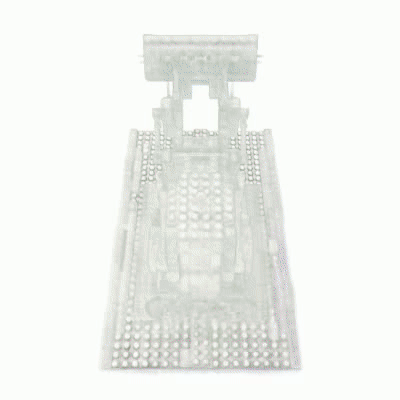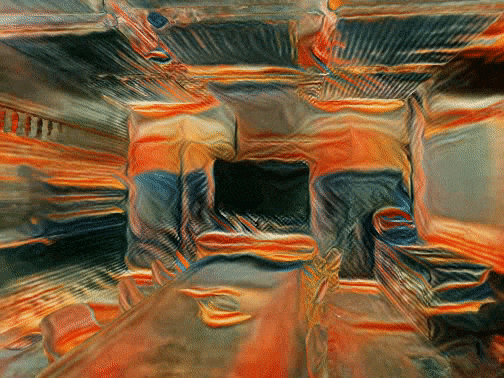We recommend users to use conda to install the running environment. The following dependencies are required:
pytorch=1.7.0
torchvision=0.8.0
cudatoolkit=11.0
tensorboard=2.7.0
opencv
imageio
imageio-ffmpeg
configargparse
scipy
matplotlib
tqdm
mrc
lpips
To run our code on NeRF dataset, users need first download data from official cloud drive. Then extract package files according to the following directory structure:
├── configs
│ ├── ...
│
├── datasets
│ ├── nerf_llff_data
│ │ └── room
│ │ └── horns # downloaded llff dataset
| | └── ...
| ├── nerf_synthetic
| | └── lego
| | └── chair # downloaded synthetic dataset
| | └── ...
The last step is to generate and process data via our provided script:
python gen_dataset.py --config <config_file>
where <config_file> is the path to the configuration file of your experiment instance. Examples and pre-defined configuration files are provided in configs folder.
We provide a data sample for scene "room" in the Google_Drive, you can direct download it without any modification.
After generating datasets, users can test the conditional style interpolation of INS+NeRF by the following command:
bash scripts/linear_eval.sh
Inference on scene-horns with style-gris1:
bash scripts/infer_horns.sh
One can do training using:
bash scripts/train_room_thescream_28G_mem.sh
We also provide code and scripts to stylize textured signed distance functions based on Implicit Differentiable Renderer (IDR).
To prepare data, run scripts data/download_data.sh, which will download the DTU dataset into the datasets/ directory. Then follow the instructions in IDR official repository to set up the running environment.
Afterwards, train an IDR for a scanned data in DTU where the available IDs are listed in datasets/DTU:
python run_idr.py --conf ./configs/idr_fixed_cameras.conf --scan_id <SCAN_ID>
Finally, one can stylize an IDR model with a style image specified in the configuration file:
python run_idr.py --conf <CONF_FILE> --scan_id <SCAN_ID> --is_continue
in which we defined two preset configurations configs/idr_stylize_face.conf and configs/idr_stylize_scream.conf.
If you find this repo is helpful, please cite:
@inproceedings{fan2022unified,
title={Unified Implicit Neural Stylization},
author={Fan, Zhiwen and Jiang, Yifan and Wang, Peihao and Gong, Xinyu and Xu, Dejia and Wang, Zhangyang},
booktitle={European Conference on Computer Vision},
year={2022}
}





